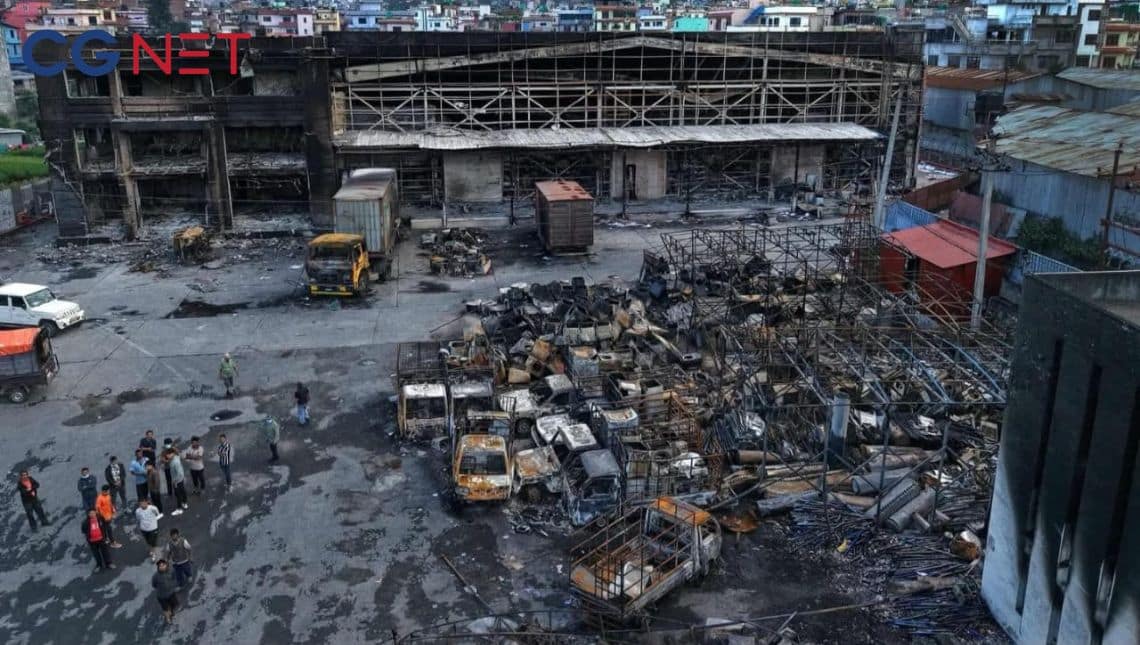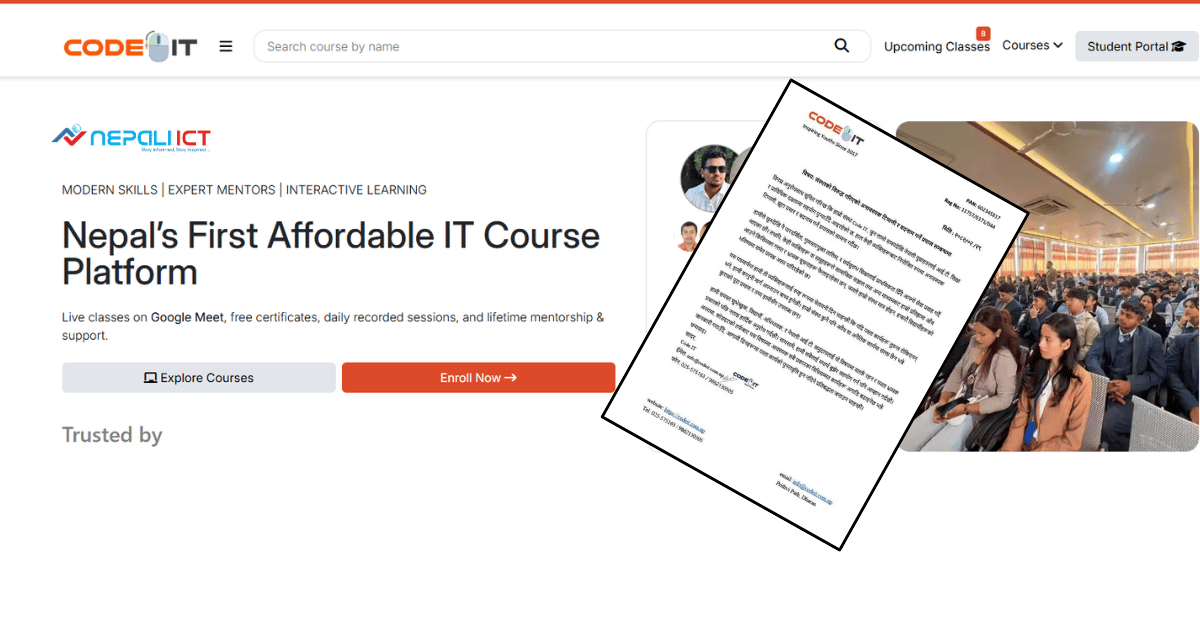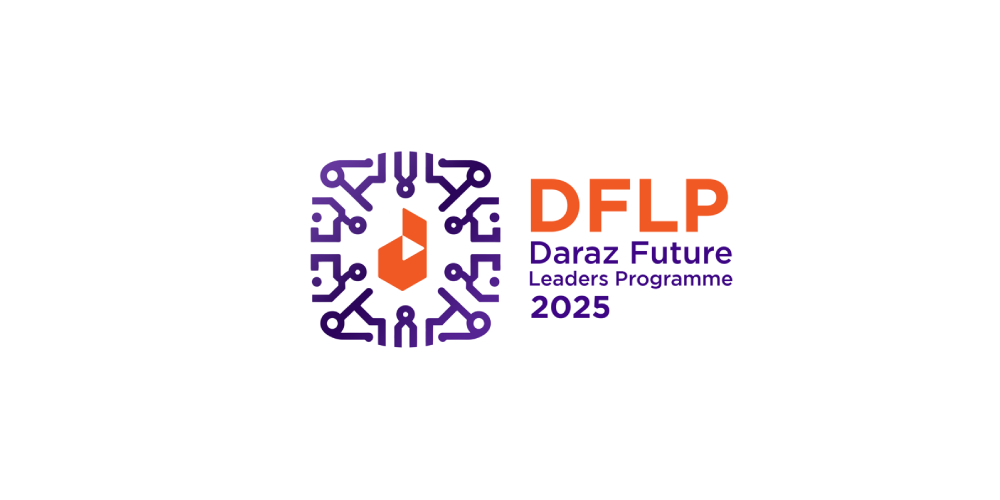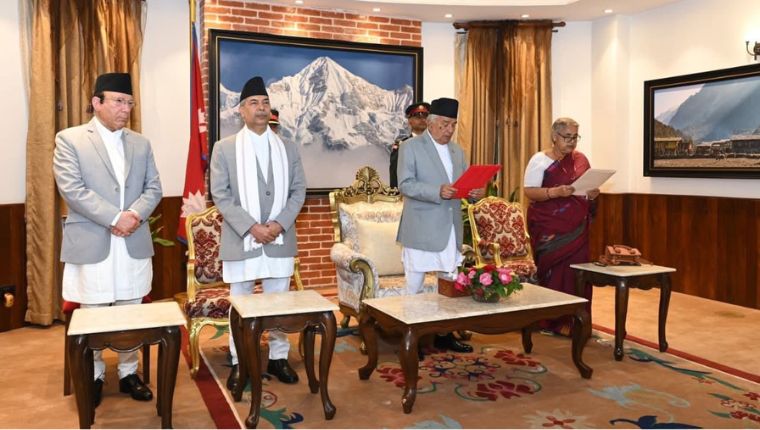KATHMANDU-Former Chief Justice Sushila Karki was sworn in today as Nepal’s interim prime minister at a special ceremony at Sheetal Niwas.
Karki, who made history as Nepal’s first woman Chief Justice, has now achieved another milestone by becoming the country’s first woman Prime Minister. Nearly eight years after her retirement from the judiciary, Karki is set to lead the executive branch during one of Nepal’s most challenging political transitions.
Early Life and Education
Humble Beginnings in Morang
Sushila Karki was born on June 8, 1953 (25 Jestha 2009 BS) in Shankarpur, Morang district, to a farming family. As the eldest of seven children, Karki’s early life was marked by the values of hard work and determination that would later define her judicial career.
Her educational journey began in Biratnagar, where she completed her Bachelor’s degree from Mahendra Morang College in 1971 (2028 BS). She later pursued her Master’s degree in Political Science from Banaras Hindu University in India in 1974 (2031 BS).
Marriage and Democratic Movement Connection
During her studies at Banaras Hindu University, Karki became connected with Nepal’s democratic movement leaders. It was here she met Durga Subedi, a prominent Congress leader, whom she later married. Subedi was an active participant in Nepal’s democratic movement and was involved in the controversial 1973 plane hijacking incident orchestrated by the Nepali Congress to raise funds for the democratic struggle.
Legal Career Beginnings
Foundation in Biratnagar
After completing her law degree from Tribhuvan University in 1977 (2034 BS), Sushila Karki began her legal practice in Biratnagar in 1979 (2036 BS). Her practice was characterized by her straightforward and fearless approach to law, qualities that would later define her judicial career.
From 1985 to 1989 (2042-2046 BS), she also served as a lecturer at Mahendra Multi-Campus in Dharan while continuing her legal practice. Her dedication to both practice and academia demonstrated her commitment to legal education and professional development.
In December 2004 (Poush 2061 BS), Karki was elevated to Senior Advocate status, recognizing her expertise and contribution to the legal profession in eastern Nepal.
Rise to Supreme Court
Direct Appointment to Supreme Court
In a remarkable career progression, Sushila Karki moved directly from legal practice to the Supreme Court without serving in lower courts. On January 22, 2009 (9 Magh 2065 BS), she was appointed as an ad-hoc judge of the Supreme Court on the recommendation of then Chief Justice Ram Prasad Shrestha.
Two years later, she became a permanent judge, and after serving for seven years and seven months as a judge, she was appointed Acting Chief Justice on April 13, 2016 (1 Baishakh 2073 BS).
Historic Chief Justice Appointment
After completing the parliamentary hearing process, Sushila Karki officially became Chief Justice three months later, making history as Nepal’s first woman to hold the highest judicial office. She served in this capacity until May 2017 (Jestha 2074 BS), leading the judiciary for approximately 15 months.
Chief Justice Tenure
Judicial Philosophy and Approach
During her tenure as Chief Justice, Sushila Karki was known for her principled stance and famous statement about political neutrality in the judiciary. She emphasized that anyone entering the “temple of justice” must “remove the slippers of politics outside,” a comment that became widely quoted in legal circles.
Her leadership coincided with Nepal’s transition to a federal judicial structure, overseeing the transformation of 14 appellate courts into high courts across the country.
High Court Judge Appointments Controversy
One of the major controversies during Karki’s tenure involved the appointment of 80 judges to various high courts. She later revealed in her autobiography that Congress leader Ramesh Lekhak and Maoist leader Barshaman Pun attempted to interfere and pressure her during the appointment process.
This controversy would later contribute to the political tensions that led to her impeachment proceedings.
Major Judicial Decisions
Landmark Cases and Rulings
Several significant cases were decided during Sushila Karki’s tenure as Chief Justice:
High-Profile Cases:
- Lokman Singh Karki Controversy: Ruled on the qualification disputes of the anti-corruption chief
- Sudan Scam: Delivered judgment on the major corruption case
- Former Princess Prerana’s Dowry Case: Decided on property disputes involving former royal family members
- Nepal Bank Irregularities: Resolved long-pending banking sector cases
Constitutional Interpretation
Karki participated in significant constitutional interpretations, including a notable dissenting opinion regarding former Chief Justice Khil Raj Regmi’s entry into Singha Durbar as head of an interim government. Her minority opinion, along with Justice Kalyan Shrestha, remains an important jurisprudential reference for law students, though it did not become a binding precedent.
Impeachment Controversy
Political Retaliation
Approximately 40 days before her scheduled retirement, Sushila Karki faced impeachment proceedings initiated by Congress and Maoist lawmakers. The impeachment was triggered by her court’s decision regarding the appointment of Inspector General of Police, which went against the interests of these political parties.
Street Protests and Withdrawal
Following widespread street protests supporting Karki, the lawmakers were forced to withdraw the impeachment motion. The Supreme Court’s Constitutional Bench later termed the impeachment attempt as “political revenge” in 2023 (2080 BS).
After returning to the Supreme Court post-impeachment, Karki spent her remaining month focusing on administrative work rather than hearing cases, making her the first Chief Justice in Nepal to face impeachment proceedings.
Post-Retirement Activism
Social Commentary and Criticism
Following her retirement, Sushila Karki became increasingly vocal about corruption and irregularities in Nepal’s political system. She published her autobiography titled “Nyaya” (Justice) a year and a half after retirement, revealing various aspects of judicial independence and political interference.
Civil Society Engagement
Karki actively participated in various civil society movements, including supporting Dr. Govinda KC’s hunger strikes for medical education reform. She consistently criticized the corruption and malpractices that had spread throughout Nepal’s political system.
“Bribeless Chief Justice” Recognition
Public commentators often referred to her as the “bribeless Chief Justice,” distinguishing her from several controversial judicial figures who had damaged the court’s reputation. Her 15-month tenure was seen as an exception during a period when the judiciary faced multiple scandals.
Path to Prime Ministership
Youth Movement Support
The Generation Z-led protests that swept Nepal specifically called for Sushila Karki to lead the interim government. Protest leaders, civil society members, and even major political parties expressed confidence in her integrity and capability to conduct free and fair elections.
Breaking Her Own Precedent
Ironically, Karki’s acceptance of the Prime Ministerial position contradicts her own judicial philosophy about not crossing from judiciary to executive roles. Her previous criticism of Chief Justice Regmi’s entry into Singha Durbar makes her current position particularly noteworthy.
A former Supreme Court colleague commented: “She had no aspiration for any government position when she retired, and showed no greed thereafter. It appears she accepted this responsibility unable to refuse the youth movement’s request to help the country exit its crisis.”
Leadership Challenges Ahead
Constitutional Mandate
As Nepal’s first woman Prime Minister, Sushila Karki faces the crucial task of conducting parliamentary elections within six months while managing day-to-day governance single-handedly, as she initially serves without other cabinet members.
Political Reconciliation
Her straightforward personality and reluctance to reconsider decisions, while strengths in the judiciary, may present challenges in political negotiations. Building consensus among various political factions will be crucial for successful elections.
Institutional Credibility
Given the damaged state of many government institutions following recent unrest, Karki’s reputation for integrity becomes a crucial asset in restoring public confidence in democratic processes.
Personal Characteristics and Leadership Style
Strengths and Challenges
Positive Attributes:
- Unwavering integrity and honesty
- Clear decision-making approach
- Strong constitutional knowledge
- Fearless stance against corruption
- No history of financial irregularities
Potential Challenges:
- Reluctance to reconsider decisions
- Limited experience with political compromise
- Sometimes inflexible approach to different viewpoints
- No direct political background or party machinery
Legacy and Historical Significance
Judicial Contributions
Sushila Karki’s judicial career is marked by several achievements:
- First woman Chief Justice of Nepal
- Maintained judicial independence during political pressure
- Resolved several long-pending significant cases
- Upheld constitutional principles despite political opposition
Political Transition Role
Her appointment as Prime Minister represents:
- First woman to hold the country’s highest executive office
- Transition from technocratic judiciary to political leadership
- Youth movement’s victory in demanding systemic change
- Test case for non-party affiliated leadership
Future Implications
Electoral Success Factors
The success of Sushila Karki’s tenure will largely depend on:
- Ability to build political consensus
- Conduct of free and fair elections
- Maintenance of law and order during transition
- Restoration of public confidence in democratic institutions
Constitutional Precedent
Her appointment sets important precedents for:
- Emergency government formation during crises
- Role of civil society in political transitions
- Alternative leadership models beyond traditional party politics
- Constitutional interpretation during extraordinary circumstances
Conclusion
Sushila Karki’s journey from a farming family in Morang to becoming Nepal’s first woman Prime Minister represents both personal achievement and historical significance. Her transition from judicial leadership to executive responsibility occurs at a crucial juncture in Nepal’s democratic development.
While her judicial career was marked by integrity and principled decision-making, her political leadership will face different challenges requiring diplomatic skills and political compromise. The success of her interim government and the conduct of elections will determine whether this transition becomes a positive precedent for Nepal’s democracy.
The irony of her accepting executive leadership after previously criticizing such transitions highlights the extraordinary circumstances that brought her to this position. Her ability to navigate these contradictions while maintaining her core principles will be closely watched by both domestic and international observers.
As Nepal’s first woman Prime Minister, Karki carries the hopes of a generation seeking change while bearing the responsibility of proving that alternative leadership models can successfully guide the country through democratic transitions.






















Comments